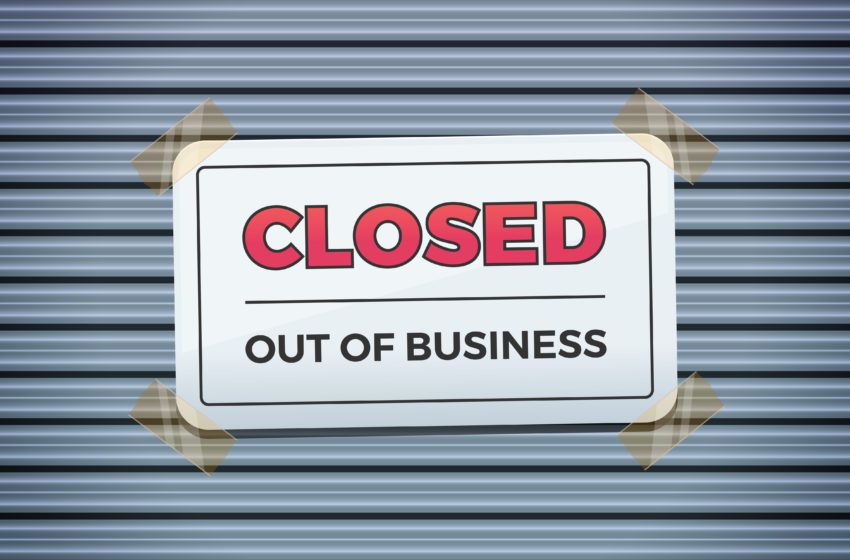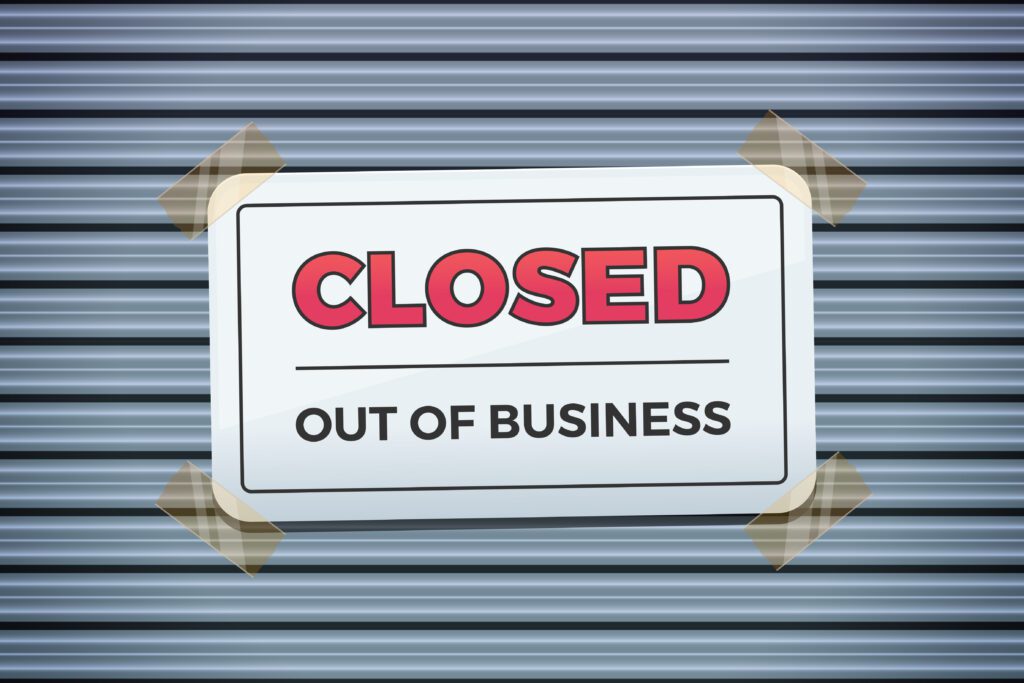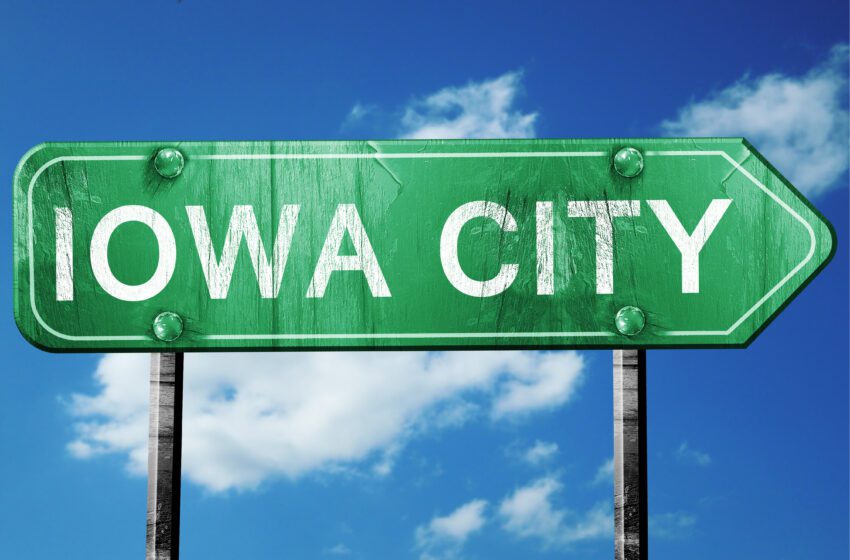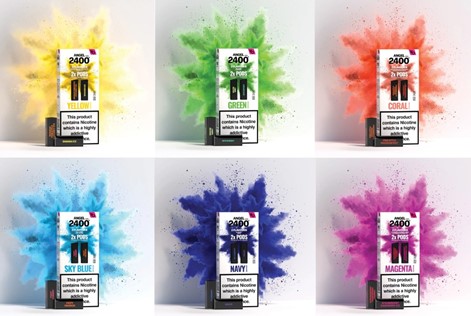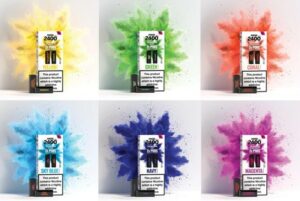Lawmakers in Golden, Colorado, dropped the hammer on more than two dozen retail outlets last year when they banned the sales of all flavored tobacco and nicotine products in the city.
The move is costing the businesses thousands of dollars in revenue.
Now, this city on the western edge of the Denver metro area is setting up a one-time $100,000 relief fund for smoke and vape shops, gas stations, and convenience stores to soften the financial hit they’ve taken since Golden’s prohibition went into effect on Jan. 1, according to media reports.
The City Council earlier this month directed staff to create a competitive grant program for businesses to apply for funds. No single store can receive more than $10,000, and the money must be allocated before the end of the year.
About 30 businesses in Golden are affected by the city’s prohibition.
“The City Council is trying to say they’ve heard the concerns of local businesses and they want to be responsive to local businesses that were impacted by an ordinance they weren’t anticipating,” said Rick Muriby, Golden’s community development director.
While several Colorado municipalities, including Boulder, Aspen, Glenwood Springs, and Edgewater, have passed similar flavored tobacco sales bans in recent years to combat youth nicotine product consumption, Golden appears to be the first willing to backfill revenues lost to a law it passed.
Muriby said the $100,000 figure wasn’t based on sales data from city businesses but was a figure the council and city manager “felt was a reasonable amount for the city to spend.” While Golden wants to ensure its businesses remain healthy, he said, it has no intention of taking a second look at its flavored nicotine ban.
In March, for the second time in the last three sessions, a bill to regulate flavored nicotine products has died in Colorado’s General Assembly.







